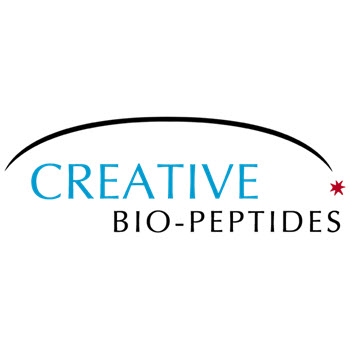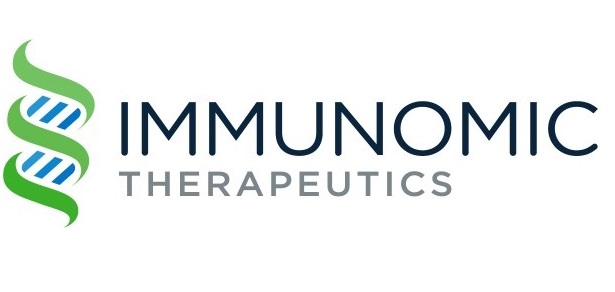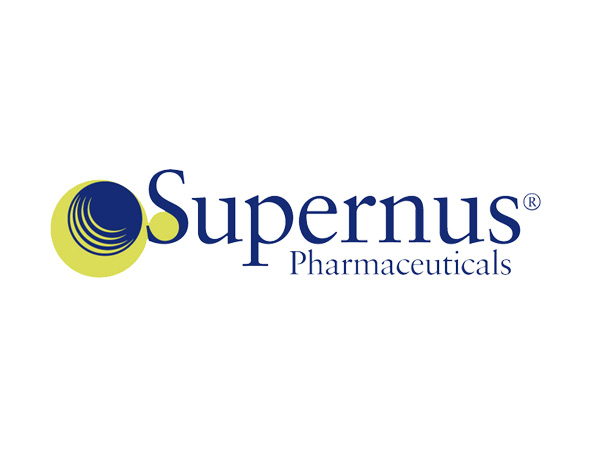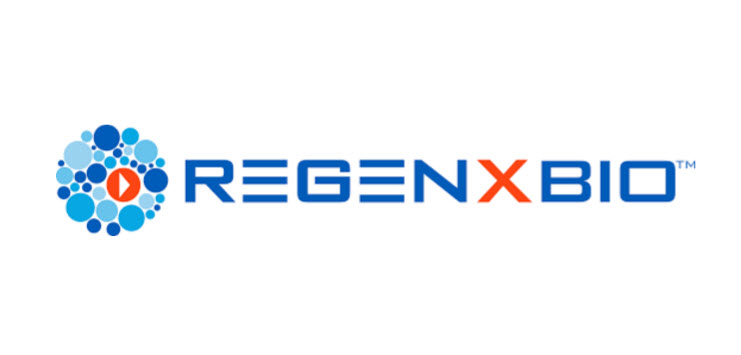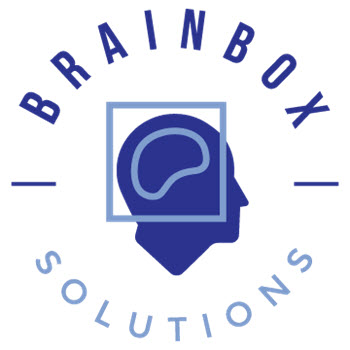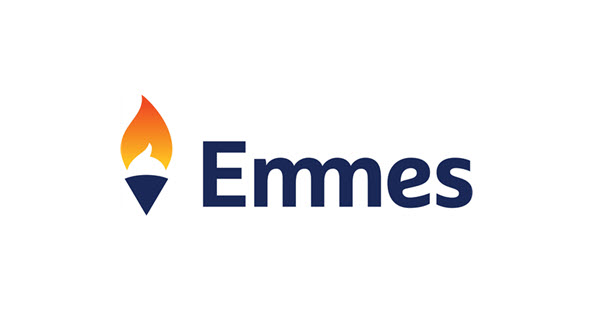Acquisition strengthens Parkinson’s disease portfolio and diversifies revenue and cash flowROCKVILLE, Md., Nov. 24, 2021 (GLOBE NEWSWIRE) — Supernus Pharmaceuticals, Inc. (NASDAQ: SUPN) today announced that it has successfully completed its previously announced acquisition of Adamas Pharmaceuticals, Inc. (NASDAQ: ADMS).
“Adamas fits squarely within our corporate development strategy, adding a late-stage commercial product with significant revenue,” said Jack Khattar, President and CEO of Supernus Pharmaceuticals. “In addition, the acquisition adds a new growth catalyst, diversifies our revenue base and cash flow, and is expected to be significantly accretive in 2022.”
Compelling Strategic Rationale
- Strengthens Parkinson’s disease portfolio with GOCOVRI® (amantadine) extended release capsules, the first and only FDA-approved medicine indicated for the treatment of both OFF and dyskinesia in patients with Parkinson’s disease receiving levodopa-based therapy and Osmolex ER® (amantadine) extended release tablets, approved for the treatment of Parkinson’s disease and drug-induced extrapyramidal reactions in adult patients.
- Diversifies and increases revenue base and cash flow, and combined with the acquisition of US WorldMeds CNS products in 2020, significantly reduces the reliance on net sales of Trokendi XR®.
- Potential synergies of $60 million to $80 million in year one due to strong overlap with existing infrastructure.
- The acquisition is expected to be significantly accretive in 2022.
The Offer and the Merger
The tender offer (Offer) for all outstanding shares of common stock of Adamas for (1) $8.10 per Share, in cash, less any applicable withholding taxes and without interest (Cash Amount), plus (2) two non-transferable and non-tradable contingent value rights per Share, each of which represents the contractual right to receive a contingent payments of $0.50 in cash, less any applicable withholding taxes and without interest (each, a CVR), which amount will become payable, if at all, if specified milestones are achieved prior to December 31, 2024 and December 31, 2025, as applicable (collectively, the Cash Amount with the CVRs, the Offer Price), expired as scheduled at one minute following 11:59 p.m., New York time, on November 23, 2021. American Stock Transfer & Trust Company, LLC, the depositary for the Offer, has advised Supernus that a total of 35,478,225 Adamas shares were validly tendered and not properly withdrawn in the Offer, representing approximately 77.3 percent of the shares of Adamas common stock outstanding. All of the conditions of the Offer have been satisfied, and on November 24, 2021, Supernus and its wholly-owned subsidiary, Supernus Reef, Inc. (Reef), accepted for payment all Adamas shares that were validly tendered and not properly withdrawn in the Offer, and will as promptly as practical pay for all such validly tendered shares.
Following the completion of the Offer, Supernus completed the acquisition of Adamas through the merger of Reef with and into Adamas, without a vote of Adamas stockholders in accordance with Section 251(h) of the General Corporation Law of the State of Delaware (DGCL), with Adamas surviving the merger as a wholly-owned subsidiary of Supernus. In connection with the merger, each Adamas share not previously purchased in the Offer (other than (i) Adamas shares held by Adamas (or held in Adamas’ treasury) immediately prior to the effective time of the merger, (ii) any Adamas shares held by Supernus or any direct or indirect wholly owned subsidiary of Supernus immediately prior to the effective time of the merger, or (iii) Adamas shares held by any stockholder who was entitled to demand and properly demanded appraisal of such shares pursuant to, and who complied in all respects with, Section 262 of the DGCL and who, as of the effective time of the merger, has neither effectively withdrawn nor lost its rights to such appraisal and payment under the DGCL with respect to such shares) was converted into the right to receive the Offer Price, less any applicable withholding taxes and without interest. Adamas’s common stock will be delisted from the NASDAQ Stock Market.
Each CVR paid to Adamas stockholders represents a non-transferable and non-tradable contractual contingent right to receive a cash payment of $0.50, without interest and less any required withholding taxes, upon the achievement of the applicable milestone (each such amount, a Milestone Payment) in accordance with the terms of a Contingent Value Rights Agreement entered into among Supernus and American Stock Transfer & Trust Company, LLC, as rights agent, (CVR Agreement). One Milestone Payment is payable (subject to certain terms and conditions) upon the first occurrence of the achievement of aggregate worldwide net sales of GOCOVRI® in excess of $150,000,000 during any consecutive 12-month period ending on or before December 31, 2024 (Milestone 2024). Another Milestone Payment is payable (subject to certain terms and conditions) upon the first occurrence of the achievement of aggregate worldwide net sales of GOCOVRI in excess of $225,000,000 during any consecutive 12-month period ending on or before December 31, 2025 (Milestone 2025 and, together with Milestone 2024, the Milestones). Each Milestone may only be achieved once. The maximum amount payable with respect to the two CVRs issued in respect to each Share is $1.00 in the aggregate. There can be no assurance any payments will be made with respect to any CVR.
Advisors
Jefferies LLC acted as the exclusive financial advisor to Supernus. Lazard acted as the exclusive financial advisor to Adamas. Saul Ewing Arnstein & Lehr LLP served as legal counsel and Grant Thornton provided due diligence services to Supernus, and Cooley LLP served as legal counsel to Adamas.
About Supernus
Supernus Pharmaceuticals is a biopharmaceutical company focused on developing and commercializing products for the treatment of central nervous system (CNS) diseases.
Our diverse neuroscience portfolio includes approved treatments for epilepsy, migraine, ADHD, hypomobility in Parkinson’s disease, cervical dystonia and chronic sialorrhea. We are developing a broad range of novel CNS product candidates including new potential treatments for hypomobility in Parkinson’s disease, epilepsy, depression and rare CNS disorders.
For more information, visit www.supernus.com
Cautionary Statement Regarding Forward-Looking Statements
This press release includes forward-looking statements within the meaning of the Private Securities Litigation Reform Act of 1995. These statements do not convey historical information but relate to predicted or potential future events that are based upon management’s current expectations. These statements are subject to risks and uncertainties that could cause actual results to differ materially from those expressed or implied by such statements. In addition to the factors mentioned in this press release, such risks and uncertainties include, but are not limited to, the risk that the effects of disruption from the transactions of Adamas’s business and the fact that the transactions may make it more difficult to establish or maintain relationships with employees, manufactures, suppliers, vendors, business partners and distribution channels to patients; the risk that stockholder litigation in connection with the transactions may result in significant costs of defense, indemnification and liability; the Company’s ability to sustain and increase its profitability; the Company’s ability to raise sufficient capital to fully implement its corporate strategy; the implementation of the Company’s corporate strategy; the Company’s future financial performance and projected expenditures; the Company’s ability to increase the number of prescriptions written for each of its products and products acquired through the acquisition of Adamas; the Company’s ability to increase its net revenue from its products and products acquired through the acquisition of Adamas; the Company’s ability to commercialize its products including Qelbree; the Company’s ability to enter into future collaborations with pharmaceutical companies and academic institutions or to obtain funding from government agencies; the Company’s product research and development activities, including the timing and progress of the Company’s clinical trials, and projected expenditures; the Company’s ability to receive, and the timing of any receipt of, regulatory approvals to develop and commercialize the Company’s product candidates; the Company’s ability to protect its intellectual property and operate its business without infringing upon the intellectual property rights of others; the Company’s expectations regarding federal, state and foreign regulatory requirements; the therapeutic benefits, effectiveness and safety of the Company’s product candidates; the accuracy of the Company’s estimates of the size and characteristics of the markets that may be addressed by its product candidates; the Company’s ability to increase its manufacturing capabilities for its products and product candidates; the Company’s projected markets and growth in markets; the Company’s product formulations and patient needs and potential funding sources; the Company’s staffing needs; and other risk factors set forth from time to time in the Company’s filings with the Securities and Exchange Commission made pursuant to Section 13 or 15(d) of the Securities Exchange Act of 1934, as amended. The Company undertakes no obligation to update the information in this press release to reflect events or circumstances after the date hereof or to reflect the occurrence of anticipated or unanticipated events.
Supernus Contacts
Jack A. Khattar, President and CEO
Timothy C. Dec, Senior Vice President and CFO
Supernus Pharmaceuticals, Inc.
Tel: (301) 838-2591
or
Investors:
Peter Vozzo
ICR Westwicke
Office: (443) 213-0505
Mobile: (443) 377-4767
Email: peter.vozzo@westwicke.com

